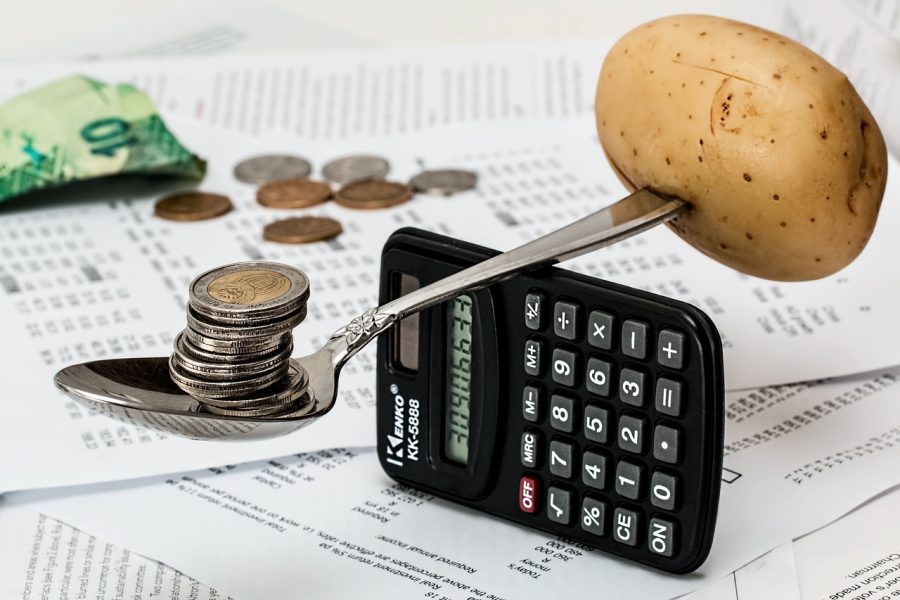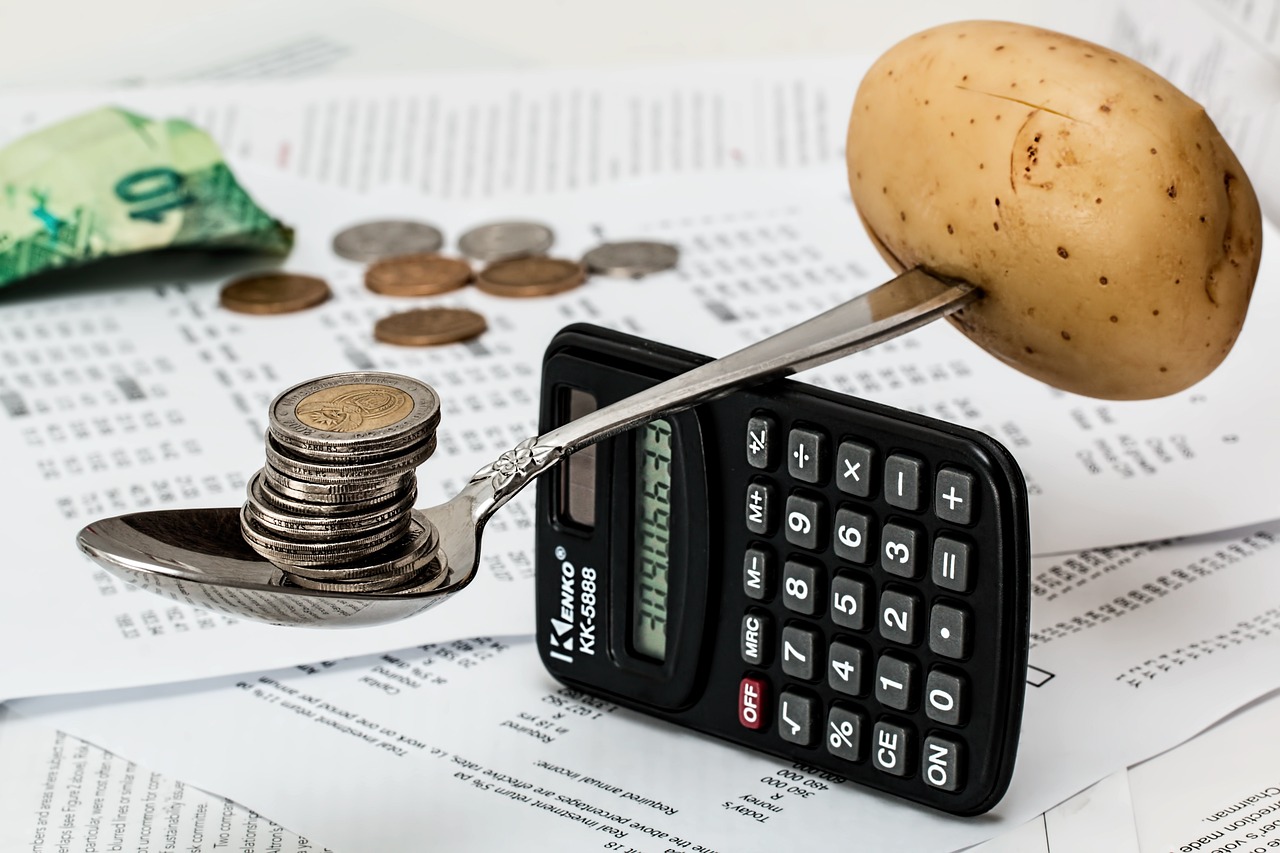
In South Africa, an Average Person Spends 63% of Their Salary Paying off Unsecured Debts
Taking credit or any kind of debt is not always a bad practice. Actually it can even be positive for our personal finances as it helps to achieve investment objectives or to acquire high-value goods. Even so, it is important to take care of indebtedness levels, so it doesn’t get out of hand. As with […]

Taking credit or any kind of debt is not always a bad practice. Actually it can even be positive for our personal finances as it helps to achieve investment objectives or to acquire high-value goods. Even so, it is important to take care of indebtedness levels, so it doesn’t get out of hand.
As with almost everything in life, debts, used in a reasonable manner, aren’t necessarily bad. Getting a personal loan, for example, is a useful tool for buying a car or other products that couldn’t be bought without financial help. The main point, then, is to identify whether or not our personal economy is able to support the payback of the credit.
Unfortunately, sometimes circumstances can change, both for individual reasons (like losing your job) or general context (economic recessions), and debts can turn into a serious problem. Current inflation is one of the factors that can disrupt our personal finances and debt payments considering that we would end up needing more money than expected to face daily expenses and cash left gets reduced.
Indebtedness in South Africa
To understand the risks of taking debt without analyzing it earlier, let’s take a look at some statistics. At the moment, in South Africa, a person who earns R20,000 monthly spends on average 63 per cent of their income to repay debts, especially unsecured ones like credit card bills, overdrafts, personal loans or even facilities such as “buy now, pay later”.
At the same time, the situation gets worse for those people who earn lower salaries. It is important to consider that today’s South African minimum wage is R23.19 per hour. It means that the minimum salary represents nearly R3.800 considering an 8 hours employment -working 5 days per week-. So, let’s imagine how debts can impact their regular incomes.
How to deal with debts without compromising our financial stability?
The first step to having a healthy economy, and taking debts without risk, is to have real information about our income. This is crucial particularly for independent workers or contractors, as they don’t have a monthly salary. In this case, the best practice is to have records of our daily and weekly income and be able to calculate a monthly average.
Once we have that number, the second step is to identify our debt limit, which means getting to know which is the percentage of my salary that can be used for debt payments without compromising, at least, normal home expenses. Financial advisors suggest that a reasonable amount of income used to service debt should remain within the limit of 40%.
Finally, before entering into any credit or “facility”, we need to ask ourselves about the objective of this debt. As explained by advisors, the concept of “leveraging” is pretty useful to know whether a debt is working for us or against us: if it’s used to acquire an asset that is worth more than the value of the debt, then there is a positive leveraging (Eg: a mortgage).
By: Ignacio Aglietti
